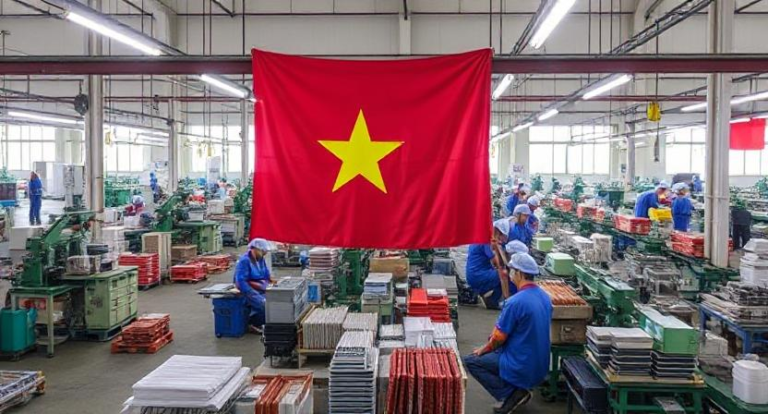Setting Up a Factory in Vietnam: A Complete Guide for Businesses
Vietnam has emerged as a global manufacturing powerhouse, attracting businesses worldwide due to its strategic location, competitive labor costs, and investor-friendly policies. With rising production costs in China, many companies are shifting their operations to Vietnam, making it a preferred destination for factory setup in Asia.
Key Steps to Setting Up a Factory in Vietnam
1. Market Research and Feasibility Study
Before setting up a factory, businesses should conduct thorough market research to understand industry trends, labor availability, and supply chain logistics. Hiring a reliable Asia agent can help navigate local business landscapes and regulations.
2. Choosing the Right Location
Vietnam offers several industrial zones with tax incentives and ready infrastructure. Popular locations include:
- Ho Chi Minh City: Ideal for electronics and high-tech manufacturing
- Hanoi & Northern Vietnam: Close proximity to China for raw material imports
- Da Nang & Central Vietnam: Growing industrial hub with developing infrastructure
3. Legal and Regulatory Compliance
Businesses must register with Vietnam’s Department of Planning and Investment (DPI) and obtain necessary licenses, such as:
- Investment Registration Certificate (IRC)
- Enterprise Registration Certificate (ERC)
- Construction and Environmental Permits
- Import-Export Licenses
4. Finding Reliable Suppliers and Partners
Building a strong supply chain is crucial. Partnering with trusted Asia agents can help source raw materials, negotiate contracts, and streamline procurement processes.
5. Workforce Recruitment and Labor Laws
Vietnam offers a skilled and cost-effective workforce. However, businesses must comply with labor laws, including:
- Minimum wage regulations
- Employee benefits and social insurance
- Work permits for foreign employees
6. Infrastructure and Logistics Setup
Securing efficient logistics is vital for factory operations. Vietnam has well-connected seaports, highways, and an expanding railway network. Companies should also consider warehouse management and customs clearance processes to ensure smooth operations.
7. Tax Incentives and Government Support
Vietnam’s government provides attractive incentives, including:
- Corporate income tax exemptions for priority industries
- Reduced land rental fees in industrial zones
- Import duty exemptions for machinery and raw materials
Overcoming Challenges in Vietnam’s Manufacturing Sector
While Vietnam offers immense opportunities, businesses must navigate challenges such as:
- Bureaucratic procedures and regulatory complexities
- Language and cultural differences
- Infrastructure limitations in remote areas
Working with an experienced Asia agent or local consultant can help businesses overcome these hurdles and establish a successful manufacturing presence.
Conclusion
Setting up a factory in Vietnam presents a lucrative opportunity for businesses looking to expand their manufacturing footprint in Asia. With the right strategy, reliable partners, and thorough planning, companies can leverage Vietnam’s growing economy and establish a stronghold in the global supply chain.
